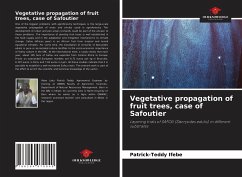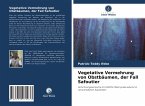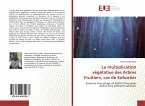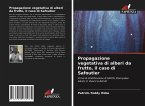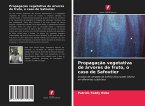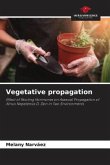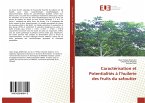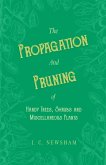One of the biggest problems with agroforestry techniques is the large-scale vegetative propagation of trees and shrubs used in agroforestry. The development of urban and peri-urban orchards could be part of the answer to these problems. The importance of planting fruit trees is well established in the food supply and in the adaptation and mitigation mechanisms to climate change. Safou (African pear) is an African fruit from tropical and humid equatorial climates. For some time, the installation of orchards of Dacryodes edulis in pure or associated culture testifies to the socio-economic importance of Safou culture in the DRC. At the international level, a study shows that each year, about 105 tons of Safou are exported from Central Africa to Europe. Prices on specialized European markets are 8.72 euros per kg in Brussels, 6.197 euros in Paris and 7.62 euros in Lyon. All these studies indicate that it is possible to establish a well-monitored Safou chain. The present work is part of the effort to enrich the scientific and technical knowledge of the sector.

